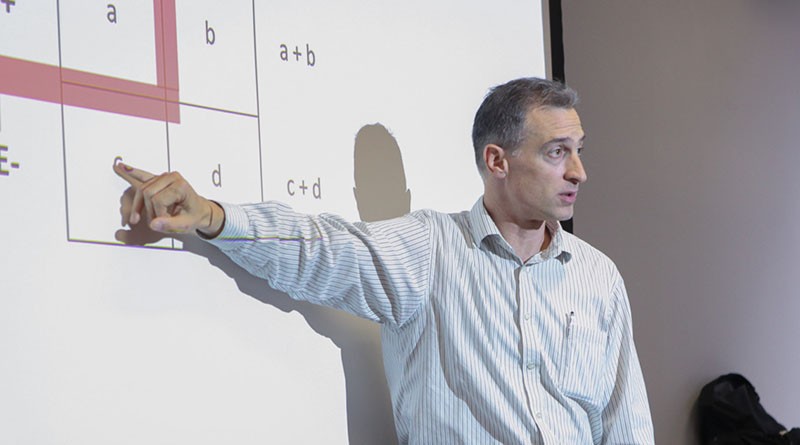As we reckon with another school shooting—just Tuesday in Colorado and last week in North Carolina—questions arise, as they always do, about how to prevent this kind of tragedy from occurring again.
The topline message: We must provide the school community with tools to intervene and prevent school-based gun violence. This includes policies that make it harder for youth to access guns; significant investments in mental health training and support in schools; and more careful study of the impact that exposure to gun violence has on child development, teacher burnout, and community well-being.
Building on our research and teaching collaborations at Columbia, we are pursuing an interdisciplinary approach that leverages the expertise across our schools and centers—from education to epidemiology to journalism, social work, law and others—to reduce gun violence. This year, Ted Alcorn and I taught a new class at the Mailman School of Public Health on preventing firearm injury in which students examined the science of gun violence within the current political and legal landscape.
We are also working with colleagues across Columbia’s Irving Medical Center and the university to expand the boundaries of public health research, including a recent partnership with Columbia Teachers College that discusses the implications of arming teachers. Several Columbia researchers are organizing around the issue of gun violence, and university-wide our experts are collaborating with other universities, hospitals and law enforcement organizations to adopt approaches and answer the need for public health expertise and leadership on this issue.
There is no single, simple solution to reducing gun violence in this country. To make bold progress on this issue and keep our schools safe, we have to leverage our collective expertise for good. There is strength in numbers.
Charles Branas conducts research on the geography and factors underpinning gun violence, which has been cited by the Supreme Court, Congress and the National Institutes of Health. These comments were co-authored by Sonali Rajan and Louis Klarevas at Teachers College and Ted Alcorn at the Mailman School of Public Health.
This column is editorially independent of Columbia News.

